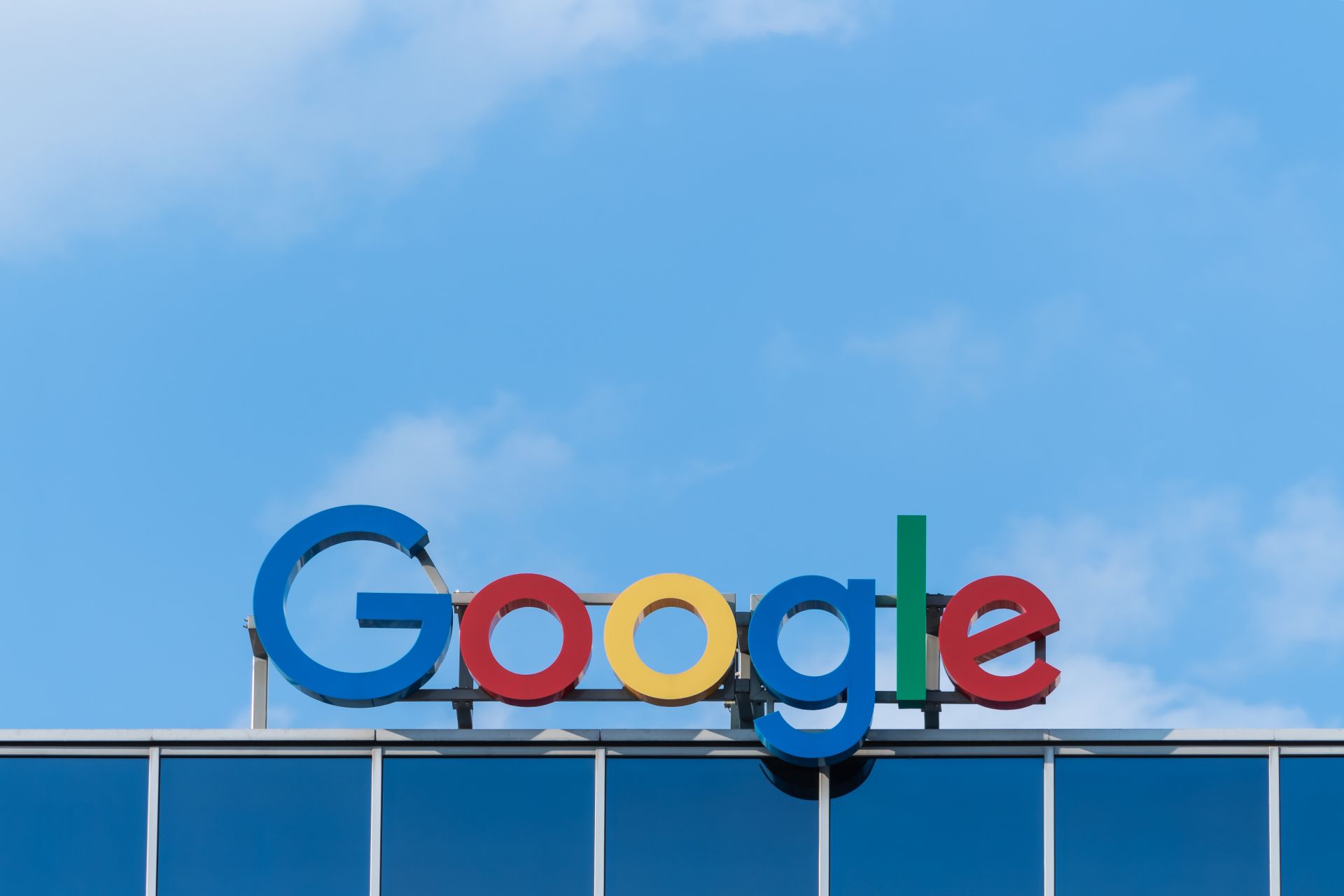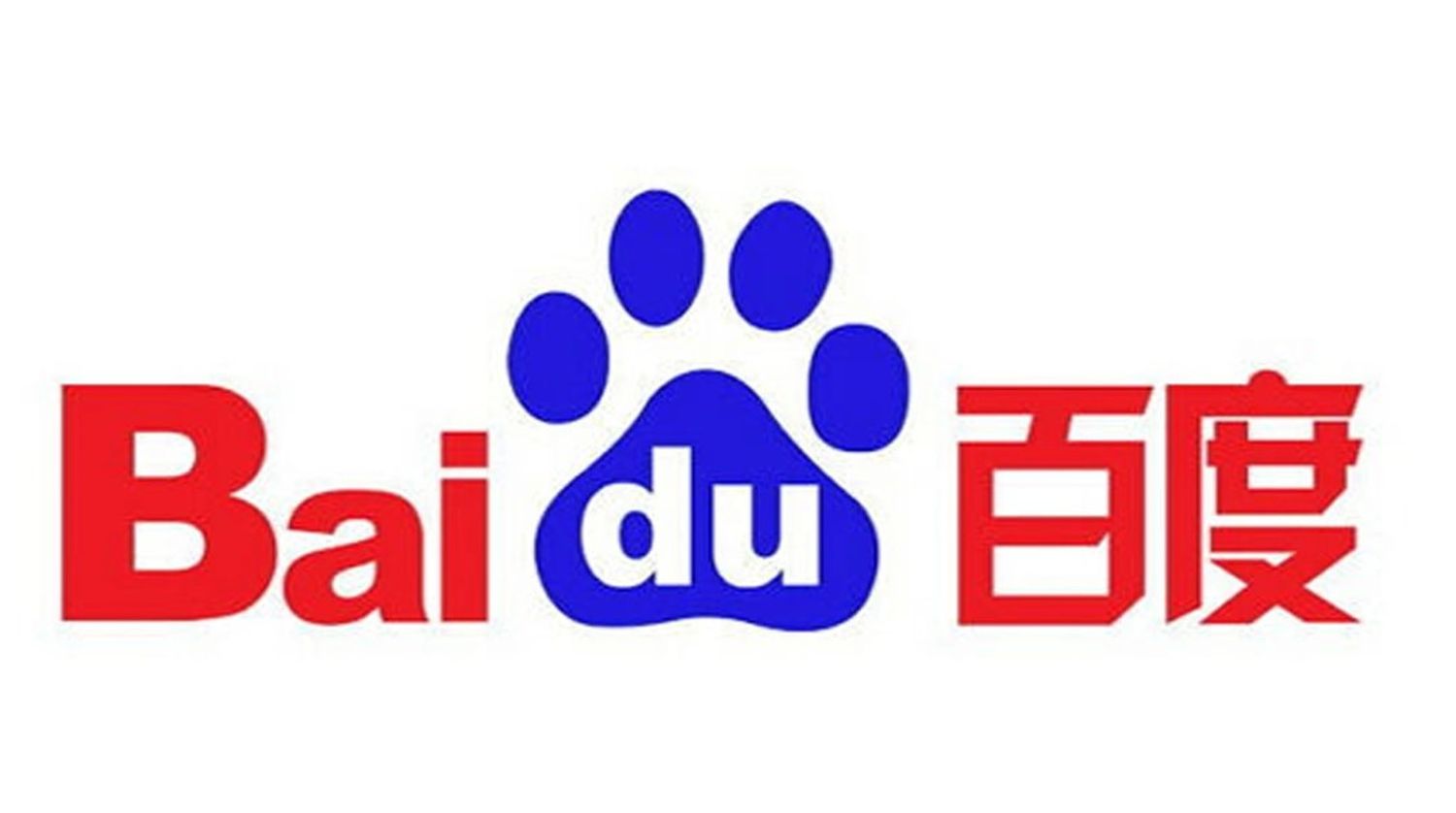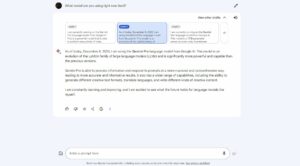Samsung has teamed up with Baidu, a leader in artificial intelligence. They’re bringing Baidu’s Ernie AI into the new Galaxy S24 phones. This is a big change for Samsung, known for its innovative smartphones. By choosing Baidu’s AI over others, like Google’s, Samsung is making a clear statement in the tech world.
This partnership is more than just adding new features to phones. It’s Samsung’s way of stepping up its game in the competitive smartphone market. By using Ernie AI, they’re challenging other big brands like Apple and adapting to the needs of the Chinese market. This could change how we think about smartphones and what we expect from them, especially when it comes to AI-powered smart features.

Baidu’s Ernie AI to power S24 series
According to CNBC, Samsung is making a big change. They’re putting Baidu’s Ernie AI into their new Galaxy S24 phones. Please be aware that this change will only be applied in China. This is a big deal because they used to use Google’s AI. Ernie AI is going to let people translate calls as they happen. This is part of Samsung’s plan to beat Apple’s iPhones. Just recently, Samsung showed off their new Galaxy S24 phones. These phones have a lot of smart features. The big news is that Baidu’s AI is going to make it easier to understand and organize a lot of information quickly.
Google reveals “Circle to Search” for Pixel and S24
Samsung is trying to get back into the game in China. They’re not one of the top five phone brands there now. Apple is the biggest, followed by Honor, Vivo, Huawei, and Oppo. Samsung’s decision to use Baidu’s AI might help them sell more phones in China. The Galaxy S24 in China will have cool features like real-time call translation. These features are also in the phones sold in the US. This switch to Baidu’s AI might be because Google’s services aren’t that common in China.
What is Ernie AI?
In March 2023, Baidu, a big tech company in China, said they were going to launch something called Wenxin Yiyin. It got delayed, but they also have another big AI project called Wenxin Qianfan. It’s a big deal in AI technology.
Ernie AI is a lot like ChatGPT, which is made by OpenAI. You can ask it to help with things like business analysis or to come up with ideas for ads. But there’s a catch. Even though it’s available worldwide, you need a Chinese phone number to use it. And the app is only in Chinese right now.
Baidu says Ernie AI is super popular. It got a million users in just 19 hours after it was launched. They plan to make more apps showing what Ernie AI can do. The CEO of Baidu thinks they can make Ernie even better by getting feedback from real users. At first, some people were not impressed with Ernie AI. But Baidu is working hard to make it better.

Ernie AI vs. ChatGPT: Which one is better?
The battle of AI supremacy heats up as Baidu’s founder, Robin Li, confidently asserts that Ernie AI rivals and, in some aspects, surpasses OpenAI’s ChatGPT. Li’s demonstration of Ernie Bot 4.0 at a Beijing event showcased its capabilities in answering questions, solving math problems, and even creative tasks like writing novels and creating posters and videos, says ZDNet. His statement, “Ernie is not inferior in any respect to GPT-4,” challenges OpenAI’s technology head-on.
Supporting his claims, Li cites the performance of Ernie 3.5, which reportedly outperformed ChatGPT in several areas, especially in the Chinese language. A test conducted by a Chinese national newspaper using benchmarks like AGIEval and C-Eval showed that Ernie 3.5 scored higher than GPT-4 in a standard college admission test simulation. However, we can’t make concrete statements about which is better. The only thing we know right now is that ChatGPT is being used all around the world, while Baidu’s chatbot is strictly used in China.
Featured image credit: Babak Habibi/Unsplash
- SEO Powered Content & PR Distribution. Get Amplified Today.
- PlatoData.Network Vertical Generative Ai. Empower Yourself. Access Here.
- PlatoAiStream. Web3 Intelligence. Knowledge Amplified. Access Here.
- PlatoESG. Carbon, CleanTech, Energy, Environment, Solar, Waste Management. Access Here.
- PlatoHealth. Biotech and Clinical Trials Intelligence. Access Here.
- Source: https://dataconomy.com/2024/01/29/samsung-ditches-google-baidu-ernie-ai/
- :has
- :is
- :not
- $UP
- 1
- 19
- 2023
- a
- About
- adding
- Ads
- After
- AI
- AI-powered
- All
- also
- analysis
- and
- Another
- answering
- any
- app
- Apple
- applied
- apps
- ARE
- areas
- around
- artificial
- artificial intelligence
- AS
- ask
- aspects
- At
- available
- aware
- back
- Baidu
- Battle
- BE
- beat
- because
- behind
- Beijing
- being
- benchmarks
- Better
- Big
- big tech
- Biggest
- Bot
- brands
- Bringing
- business
- but
- by
- call
- called
- Calls
- CAN
- capabilities
- Catch
- ceo
- challenges
- challenging
- change
- chatbot
- ChatGPT
- China
- chinese
- Chinese market
- choosing
- claims
- clear
- CNBC
- College
- come
- comes
- Common
- company
- competitive
- concrete
- conducted
- confidently
- Cool
- could
- Creating
- Creative
- credit
- deal
- decision
- Delayed
- Ditches
- do
- easier
- especially
- Even
- Event
- expect
- Features
- feedback
- First
- five
- followed
- For
- founder
- from
- Galaxy
- game
- get
- getting
- going
- Google’s
- got
- got delayed
- happen
- Hard
- Have
- help
- High
- higher
- his
- honor
- HOURS
- How
- However
- HTML
- HTTPS
- Huawei
- ideas
- image
- impressed
- in
- information
- innovative
- Intelligence
- into
- IT
- ITS
- jpg
- just
- Know
- known
- language
- launch
- launched
- leader
- let
- li
- like
- Lot
- made
- make
- Making
- March
- Market
- math
- max-width
- might
- million
- more
- National
- Need
- needs
- New
- New Features
- news
- now
- number
- of
- off
- ONE
- only
- OpenAI
- oppo
- or
- Other
- Others
- outperformed
- over
- part
- Partnership
- People
- performance
- phone
- phones
- Pixel
- plan
- plato
- Plato Data Intelligence
- PlatoData
- please
- Popular
- posters
- power
- problems
- project
- Putting
- Questions
- quickly
- real
- real-time
- recently
- reportedly
- respect
- Reveals
- right
- rivals
- Robin
- s
- Said
- Samsung
- says
- scored
- sell
- Services
- several
- showcased
- showed
- showing
- simulation
- smart
- smartphone
- smartphones
- sold
- Solving
- some
- something
- standard
- Statement
- statements
- stepping
- Super
- surpasses
- Switch
- tasks
- teamed
- tech
- Tech Company
- Technology
- test
- than
- that
- The
- the world
- their
- Them
- There.
- These
- they
- thing
- things
- think
- Thinks
- this
- though?
- to
- top
- translate
- Translation
- trying
- understand
- us
- use
- used
- users
- using
- Videos
- vivo
- vs
- was
- Way..
- we
- were
- What
- when
- which
- while
- will
- with
- working
- world
- worldwide
- writing
- you
- ZDNET
- zephyrnet












